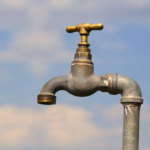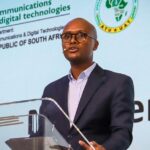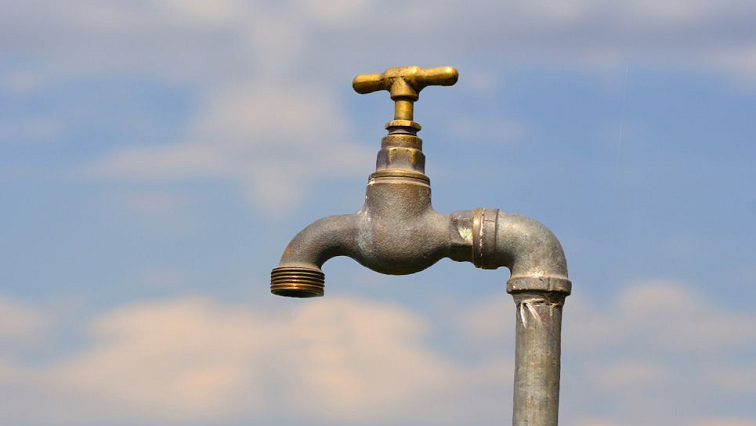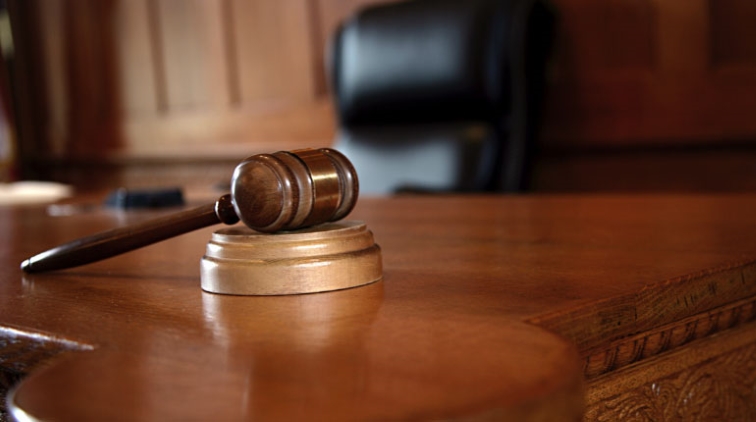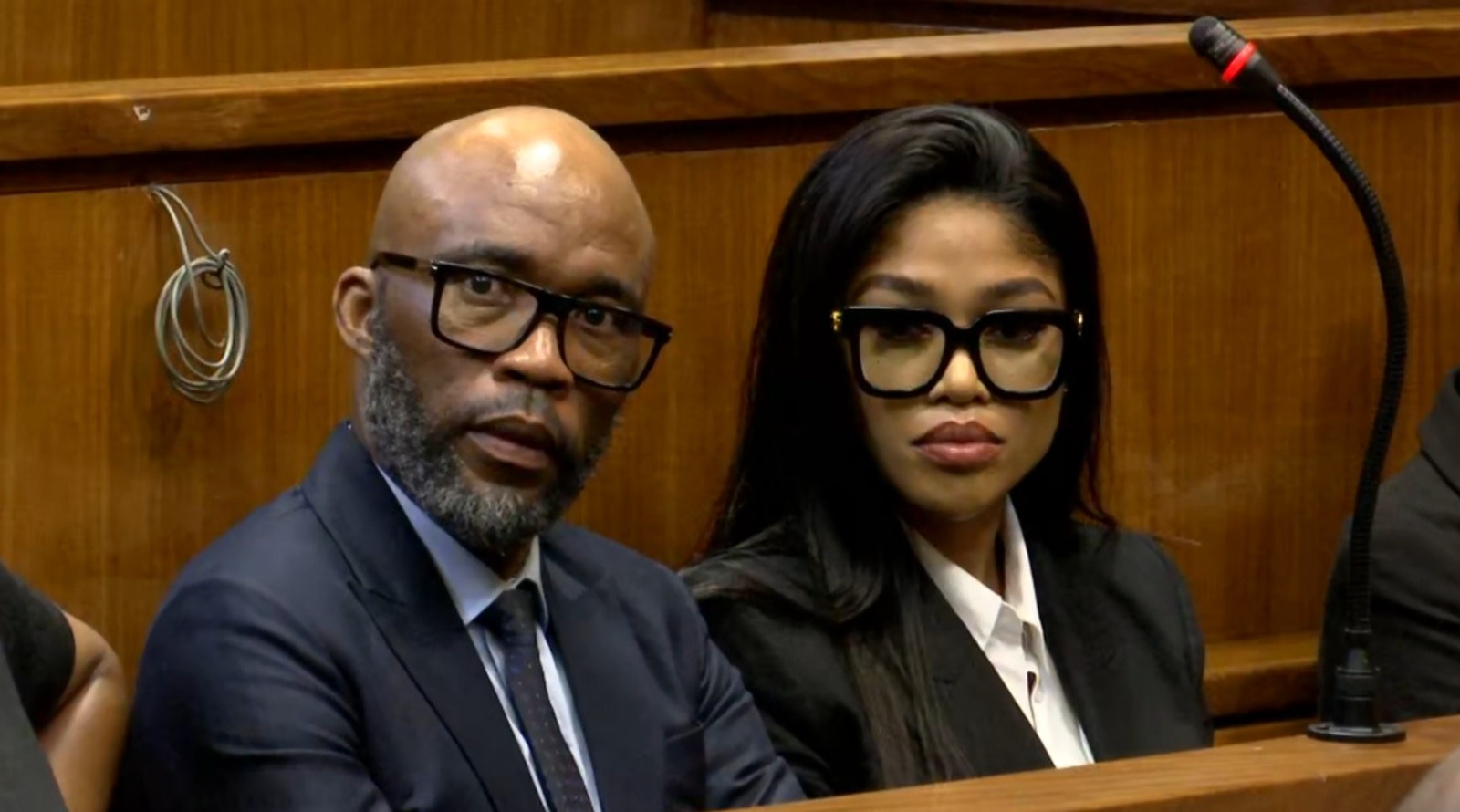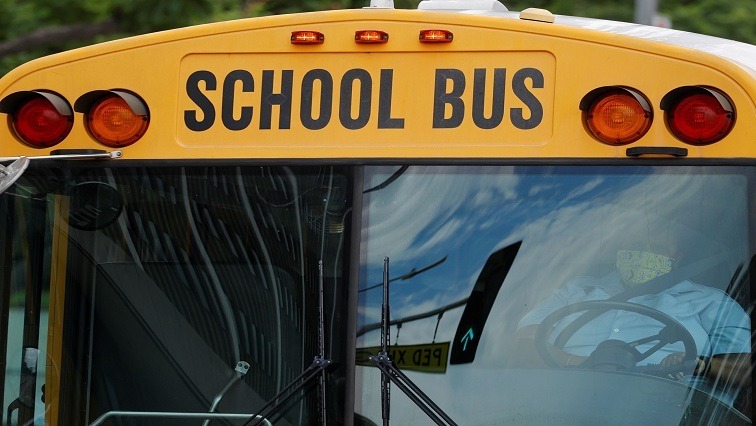-
President Cyril Ramaphosa.
South Africa has achieved a great deal in the space of a generation – but much more needs to be done to achieve the high ideals of the Freedom Charter and realise the aspirations of the constitution.
These are the sentiments of President Cyril Ramaphosa in his exclusive SABC, reflecting on the country’s democratic journey.
The President lauded the gains made in education, mining, and to some extent the economy, with a commitment for more concerted efforts in regard to land redistribution, black economic empowerment, and social cohesion.
Choosing to describe the country’s progress as a half-full glass, Ramaphosa says in efforts to undo the damage wrought by colonialism and apartheid – considerable achievements were made in the last thirty years of South Africa’s democracy.
President Ramaphosa reflects on 30 Years of Democracy | Progress in undoing centuries of damage
He cited progress made in education, saying it was on this issue that a deliberate strategy was employed to destroy the country’s black majority.
“We now have almost 90% of our schools being no fees paying schools. We feed 9 million children every day at school, and we are now moving to two meals a day. That in itself is important because it improves the learning ability of children. When we started, we gave 40,000 of our young people assistance to be at a higher level of learning tertiary. We now give that assistance to 1 point two million and we have built more universities.”
The President says government is working to improve the quality of education, and schools’ infrastructure and lower the dropout rate.
President Cyril Ramaphosa reflects on 30 Years of Democracy
On mining, Ramaphosa indicated that trade unions and government have worked hard in the last few decades to improve the lives of these workers.
He himself was the first leader of the National Union of Mineworkers established in 1982.
Ramaphosa says he continues to support the efforts of mineworkers to agitate for better working conditions and wages.
“Mineworkers did not have a pension fund, they now have a pension fund. Mineworkers could not resist going underground when it was dangerous, they now do. They have a whole number of areas where they have progressed and on pay the pay has improved but it will never improve in a way where we can be proud mainly because of where mineworkers work, they work in dangerous spaces. Therefore, they need to be remunerated commensurate to the dangers they are exposed to.”
With reference to the August 2012 Marikana Massacre at Lonmin Mine – where he was a non-executive Director, Ramaphosa denies contributing to the exploitation of the striking workers as well as the shooting down of 34 people by police.
Speaking on land, the President acknowledged more needs to be done to resolve land hunger in South Africa – conceding the government’s weak efforts, whilst citing the prohibitive cost of purchasing land for redistribution and legislative challenges faced in amending the constitution.
He has committed to greater speed in giving people land – starting with state-owned land.
Ramaphosa also says another area of concern is the slow empowerment of blacks and women in the economy and business sector – citing the 70% of CEOs on the Johannesburg Stock Exchange being white males.
He says growing jobs is central to the challenge facing the country – hence the interventions to stop load shedding and fix transportation networks and ports amongst others.
Ultimately, he says the formation of the GNU has given South Africans renewed hope for the future.
“Many people have become hopeful that yes we can look to a South Africa that can change for the better and we need to exploit that. We want to exploit that next year. We are going to be chairing the G20, and I want a broad section of South Africa’s people to have a sense that this is their G20, and it will not just yield a declaration that will be crafted in the end but will also lead to investments to grow our economy next year. We will also have a national dialogue which I am hoping will bring as many South African organisations as possible so that we can talk about the South Africa we want.”
SABC Exclusive | Moments in time: President Cyril Ramaphosa:

